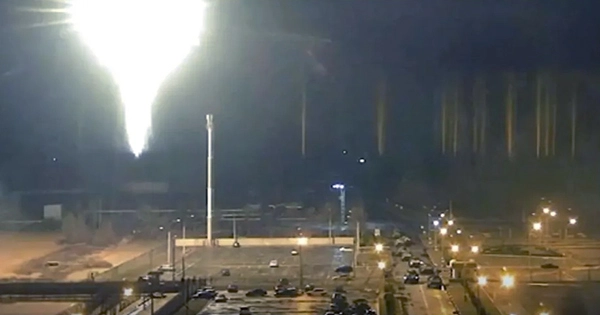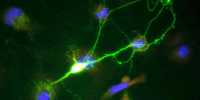After Russian invading forces took the area near Europe’s largest nuclear power plant, the International Atomic Energy Agency (IAEA) expressed “grave alarm.” Russia has informed the International Atomic Energy Agency (IAEA) that it has taken the area surrounding the Zaporizhzhia Nuclear Power Plant, after its takeover of Chernobyl last week. The plant’s functioning is still deemed to be “normal” thus far, albeit three of the plant’s six reactors are now not generating energy, according to the New York Times.
The IAEA was notified that radiation levels at the facility were normal and that Russia will “focus on providing nuclear safety and monitoring radiation in the normal mode of operation.” The IAEA, on the other hand, is concerned about the safety and security of Ukraine’s power plants, as well as the safety of the workers who work there.
In a statement, Director General Rafael Mariano Grossi stated, “The situation in Ukraine is exceptional, and I continue to be deeply worried.” “This is the first time a military confrontation has erupted near the facilities of a big, well-established nuclear power program, which in this instance also includes the Chornobyl Nuclear Power Plant, which was the location of the 1986 disaster.”
“While we may use terms like ‘normal operations’ in a technical context,” he continued, “I want to emphasize that the circumstances under which the professionals at Ukraine’s four nuclear power plants are managing to keep the reactors that produce half of Ukraine’s electricity working are anything but normal.”
The IAEA encouraged all countries to reiterate their commitment to maintaining international rules prohibiting assaults or threats against peaceful nuclear facilities, and Russia to enable Ukraine to continue operating the power plants. “This is especially important during a war, which increases the danger of nuclear mishaps and makes the response more difficult.”
The International Atomic Energy Agency (IAEA) will continue to monitor the situation, as it did last week when increasing amounts of radiation were reported near Chernobyl. “Let me conclude by stating this,” Grossi said. “The most effective way to protect the safety and security of Ukraine’s nuclear facilities and people is for this violent war to cease right now.”
















